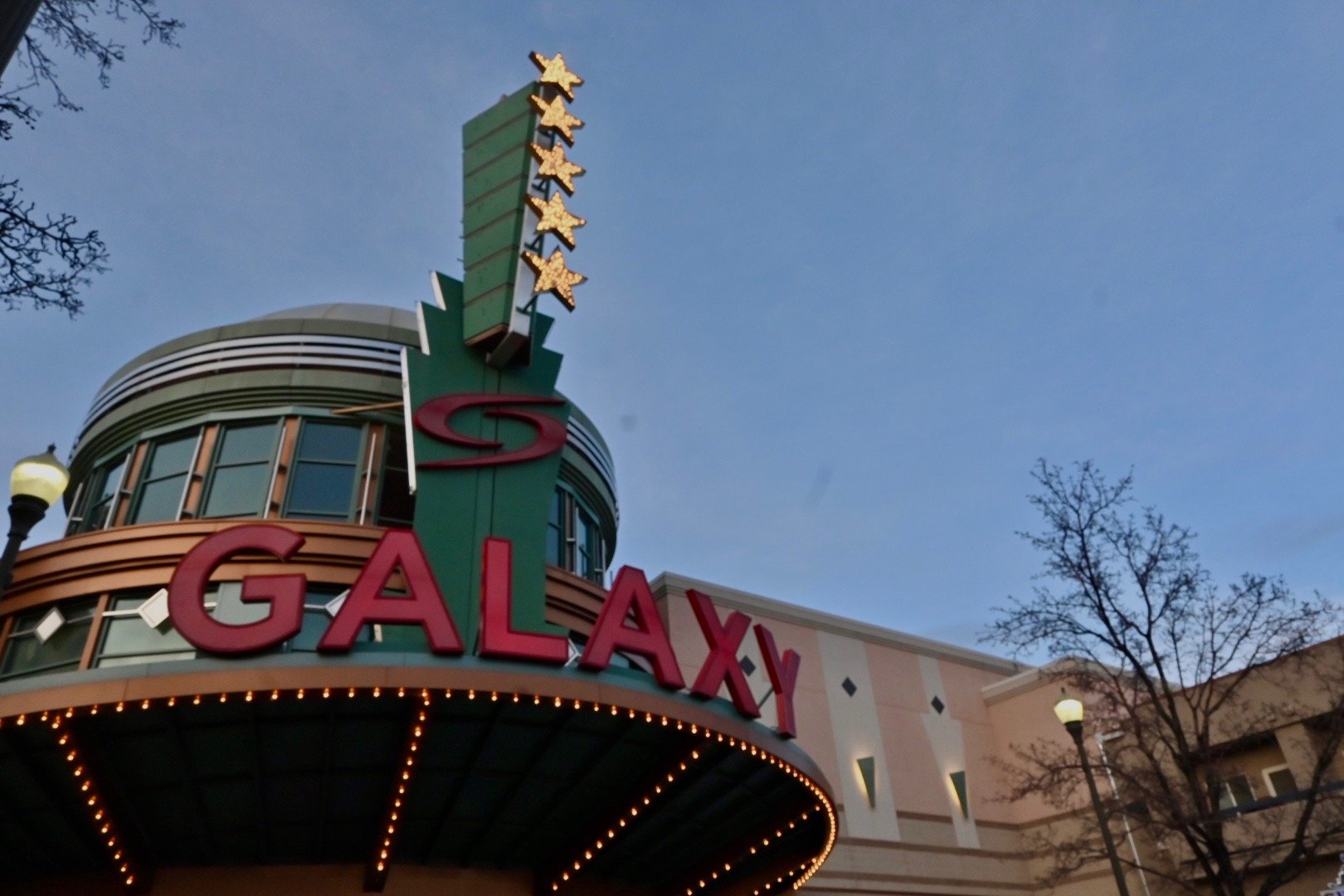In this Citizen’s Forum, local student columnist and journalist Emily Hess has something to say about being dismissed, underestimated, and told to just get used to it. About taking up space in a world that tries to shrink you. About what it really means to be silenced.
This International Women’s Day, it’s time to start taking women seriously. Stay loud. Stay seen. Stay unapologetic.
*****
I didn’t want to believe this is how it is.
I wanted to believe that if I worked hard enough, if I wrote well enough, if I carved out space with enough care, people would respect it. I wanted to believe that my words would matter because they were honest, because they were thoughtful, because I put pieces of myself into them. I wanted to believe that I could be funny and still be serious, that I could be vulnerable and still be strong, that I could write about my life and still be seen as a real writer.
But that’s not how it is.
How it is, is that my male colleagues mock my column to my face, reducing it to punchlines they think are funnier than the ones I actually write. It’s fluff, they say. Light. Soft. Not real journalism. The kind of thing you skim while waiting for your coffee but never something worth remembering. They joke about it, send me screenshots with sarcastic commentary, skim just enough to find something to poke fun at.
How it is, is that my female colleagues don’t take me seriously either. They don’t mock me outright, but they don’t respect my work. They don’t hand me real news. When I pitch something weightier, something that doesn’t have a clever little anecdote at the start, they smile, nod, and then give it to someone else. As if I don’t have the range. As if I haven’t proven that I can write something with depth. As if the fact that I write about love, about friendship, about heartbreak, about what it means to be a person in the world, makes me unqualified to write about anything else.
As if I can only do one thing.
As if I am only one thing.
And now there are suggestions—not orders, not outright bans, but quiet, patronizing suggestions—that maybe I shouldn’t cover certain things. That maybe I should stick to what I know. That maybe I can’t be trusted to separate my personal life from my work.
And then last month, a male colleague took down my piece. Just like that. Gone. Said it was flooding his section. Said it was a logistical thing. Said it wasn’t personal.
When I reacted to it I was met with: "You were not silenced."
Like he thought I needed to hear it. Like he thought this was all just a misunderstanding. Like saying the words would make them true.
You were not silenced.
Because my phone still works, right? Because I can still type. Because I haven’t been erased entirely, only managed, only redirected, only made to fit within the lines someone else drew for me.
You were not silenced.
Because I still exist. Because my voice was not taken—only diminished, only muted, only made smaller by someone who had the power to do so. Because I was not locked out, only pushed aside.
Because in his mind, silence only counts if it’s absolute.
And that is the most frustrating thing. The way men like him can act like it doesn’t count—like my voice wasn’t really taken from me, because I still have the ability to make noise. As if silencing a woman only matters if you put a hand over her mouth instead of just turning down her microphone.
Because that’s how it is.
How it is, is that I have watched a male colleague get away with things that I would be fired for. No consequences, no reprimands, no one looking at him sideways. He makes mistakes that get brushed off. He crosses lines that are easily forgiven. He gets second chances I will never be given. He takes up space without apologizing for it. And it isn’t just him—it’s the system that allows him to do it. That lets him be reckless, and flawed, and unpolished, while I have to be perfect.
And when I point it out, when I say this isn’t fair, I get the same response every time:
"That’s just the way it is."
Like it’s something I need to accept. Like I should just get used to it. Like it’s an inevitable fact of life, like gravity or taxes or the fact that I will never be able to wear white without spilling something on myself.
And I think that is inherently flawed.
Because telling me that’s just the way it is isn’t an explanation—it’s an excuse. It’s a way to dismiss the problem without actually engaging with it. It’s a way of saying, this isn’t fair, but we’ve all decided to live with it, so you should too. It’s a way of making me feel like the difficult one for wanting things to be different.
But I refuse to accept it.
Because I have two degrees. I am smart. I put myself through school. I work five jobs. I put in the hours. I earn my place. And yet, my intelligence is devalued because of when I write and what I write. I am seen as unserious because I write about emotions, as if emotions aren’t the very thing that drive every major decision people make. As if politics, business, war, and history aren’t all shaped by the same human impulses I explore in my work—love, fear, power, grief, ambition.
And yet, I’m the one who is constantly told to just deal with it. To let things go. To stop making a fuss.
Get used to men getting more chances than you.
Get used to your work being seen as lesser.
Get used to people not taking you seriously.
Get used to walking a tighter rope.
Get used to having to work twice as hard for half as much.
But why should I?
Women deserve to be in all spaces.
Women deserve to be political reporters and fashion writers and investigative journalists and entertainment critics. Women deserve to write about war and lipstick and social justice and dating and crime and relationships and global crises. Women deserve to be taken seriously no matter what they write about, no matter what they look like, no matter when or how they speak.
Because there is no such thing as fluff.
There is no such thing as a topic that doesn’t matter, because people matter. The things that make us human matter. And writing about emotions—writing about the experiences that shape who we are—is just as valid, just as real, just as journalistic as writing about anything else.
So take me seriously. Take all of us seriously.
Because the thing about fluff is that it only exists in contrast to something else. You don’t call something light unless you think there is something heavier it should be measured against. You don’t call something soft unless you think the real work is made of something harder. But the truth is, the things I write about—love, loss, loneliness, the complicated mess of being human—are heavy. They just don’t look like it. They don’t come packaged in hard edges. They don’t pretend to be unshakable.
And maybe that’s what scares them.
Maybe people don’t take my words seriously because I don’t perform seriousness the way they expect me to. Maybe because I don’t write with a sharper edge, they assume my work doesn’t have weight. Maybe because I write about heartbreak instead of hard news, they assume I am not capable of reporting on the things that matter.
But tell me—what’s heavier than the things that stay with you? What’s heavier than the things you carry for years, the things you still feel even when they’re gone?
I could write the stories they want me to. I could stop being funny. I could strip my work down until there’s no softness left in it. I could force my words into the shape of something sharper, something harder, something less like myself. But that wouldn’t make them respect me. It would only make me a hollow version of what they expect. And that’s not the point.
I didn’t start writing to be what other people wanted me to be.
I started writing because I wanted to tell the truth.
And the truth is, I was silenced.
Citizen’s Forum shared with Our Town Reno by Emily Hess








































